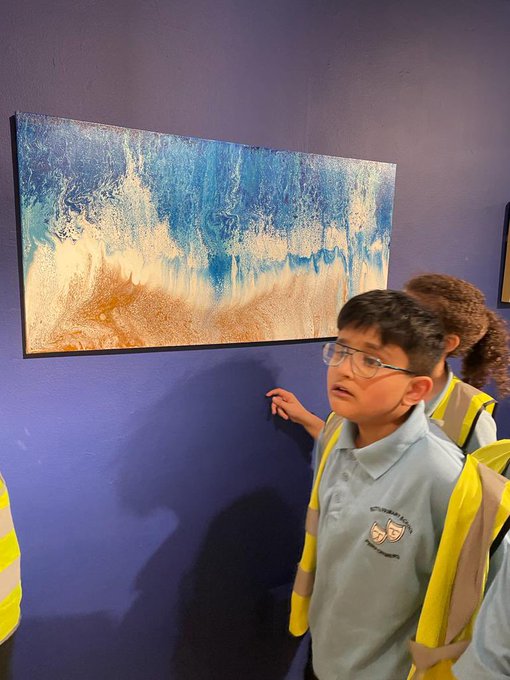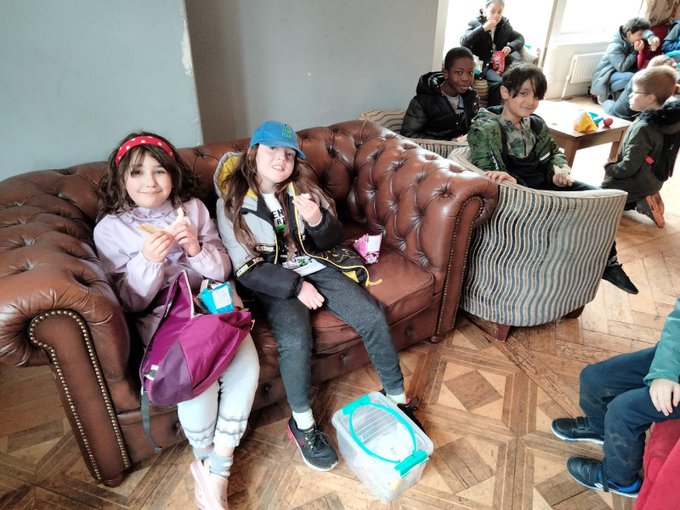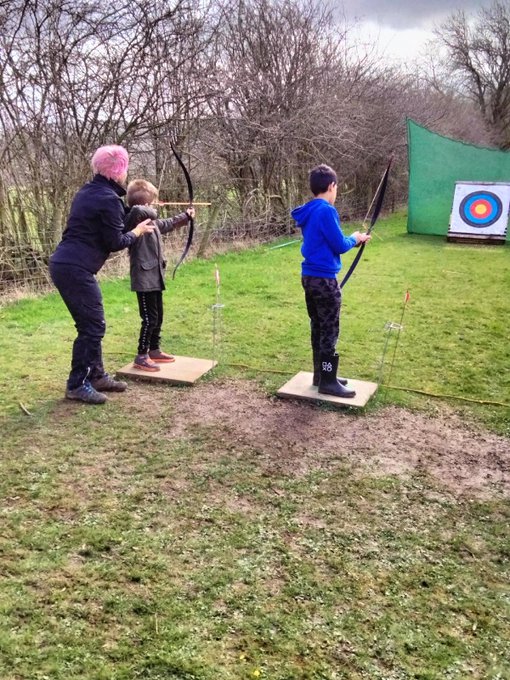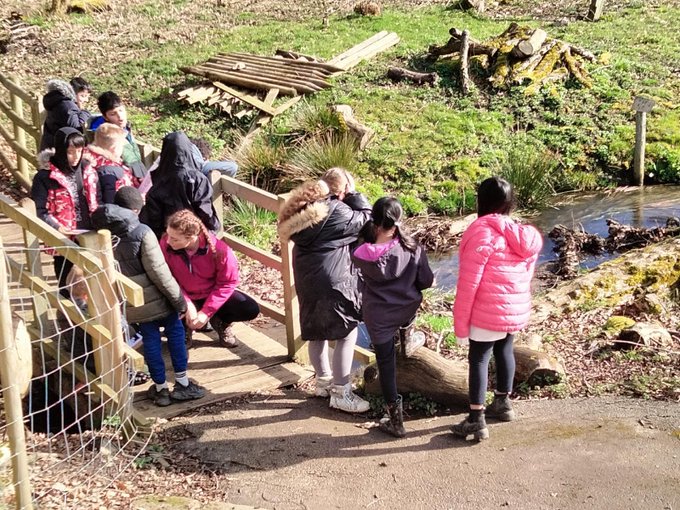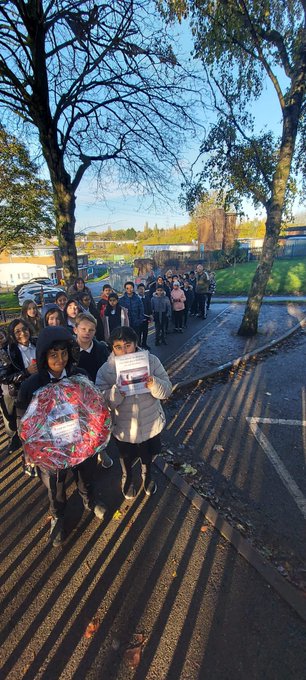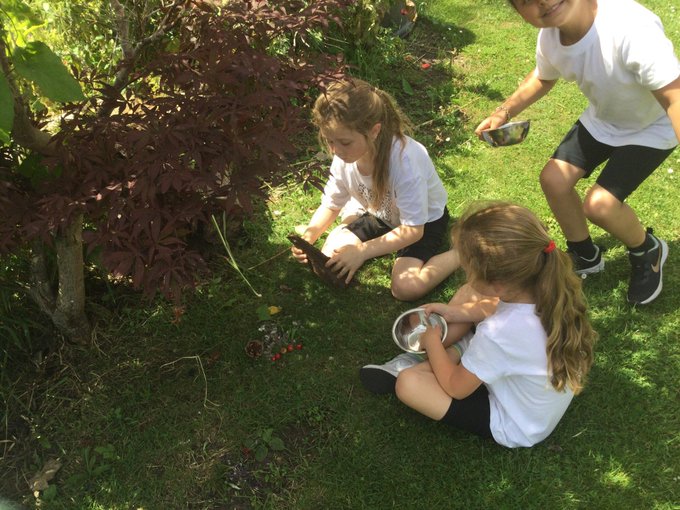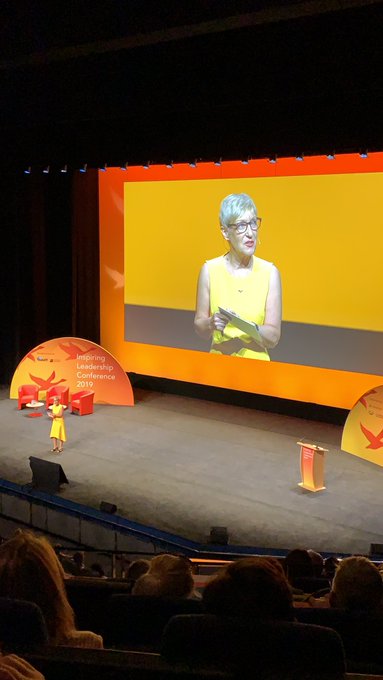Supporting Primary Education Over The Summer
All parents have experienced the educational disruption caused by the Covid-19 crisis. It’s been recognised by parents and education leaders alike that many pupils have suffered immense learning loss that may impact longer-term attainment if we don’t put in place catch-up measures.
A study of the effect of school disruption in England in 2001 as a result of the Foot and Mouth epidemic can offer us some insight as to the likely long term damage to children’s education.
Historic evidence shows that while the Foot and Mouth epidemic led to achievement fails the following year, most notably in maths, the negative effects gradually weakened over subsequent years. Sadly it also confirms that school attainment was reduced for at least 5 years after the crisis.
Over the spring and summer of 2001 the government put in place measures to contain the spread of Foot and Mouth, which included restricting the movement of people living in affected areas. This resulted in school absences rising significantly above average, in the affected rural communities.
Research between 2001 and 2006 suggests that educational disruption caused by the Foot and Mouth crisis persisted for a number of years after, reducing pupil attainment. Therefore given the scale of the current Covid-19 crisis and it’s impact on education, government policy action is now required in order to avoid permanent reduction in attainment for pupils.
Source: https://blogs.lse.ac.uk/politicsandpolicy/fmd-covid19/#Author
Studies On Pupil Attainment After The Pandemic
There have been recent studies carried out which measure the impact of partial school closures over the Covid-19 crisis; these measure it’s impact on pupil attainment over and after this period.
You can access these studies at https://educationendowmentfoundation.org.uk/eef-support-for-schools/covid-19-resources/best-evidence-on-impact-of-school-closures-on-the-attainment-gap/
The Juniper Education National Dataset Report is the largest report into the impact of the disruption caused by the pandemic on primary school children. It was released in February 2021 and shows that children in Year 1 have experienced the greatest drop in their learning. The report examines teacher assessment data from more than 6,000 primary schools representing 1.47 million pupils.
All Covid-19 impact assessment studies conducted thus far are showing us a consistent pattern in education – Covid affected pupils have made less academic progress compared with previous year groups, and there is a large attainment gap for disadvantaged pupils, which has grown over the pandemic.
Help Your Child Catch Up
Though the government is concerned about the loss of learning, 75% of school leaders are more concerned about mental health, and feel that staff and children need a proper break over the summer.
It has always been important to support your child’s education during the long summer holiday and indeed all year round, and never has it been more crucial than it is now. Having said that it’s important to do so in a balanced way that still allows your child a proper break over the holiday period.
Formal tutoring sessions or summer school programmes can be good options for parents, however there are other ways of encouraging and supporting your child over the summer that do not involve formal tutoring, and yet will still bolster their learning.
The human brain is like a muscle, the more regularly it is are exercised, the more developed it becomes. Continuing to engage a child’s brain over the summer (and any other times they are are not at school), will massively contribute to their ability to achieve.
Keep A Summer Diary
A summer diary can be used to record activities, express how they feel, talk about people they meet and anything new they’ve learned. A diary is a great keepsake of a fun summer, at the same time as building up writing skills and vocabulary.
Maintain Their Reading
Encourage your child to read daily while on holiday, this shouldn’t be seen as a chore or ‘school work’, it should be promoted a something enjoyable and interesting that should be a part of everyone’s life, even after formal education ends.
Aside from the education benefits, reading also helps a child to relax, especially before bedtime. It is well documented that screen light from devices tells the brain it’s daylight still, and not time to sleep. Screen time should end at least an hour before bed time and reading is a great way to fill this gap.
Find out which reading genres excite and interest your child by giving them varied reading materials, and consider non fiction books too.
Research highlights that reading just six books during the summer (one per week) may prevent a struggling child from regressing.
Play Games
Game playing helps to build reasoning skills, something that schools are keen to develop as they are a basis for assessment in Science, Technology, Engineering, the Arts and Maths study.
Puzzles and games are an easy and fun way to keep your child’s mind stimulated over the summer. Games such as Sudoku, Scrabble, Monopoly and more are incredibly useful for their education and you’re not likely to get much resistance to games.
Games are another great way to reduce screen time, and can help build social interaction skills too.
Utilise Your Family Holiday
It’s tempting to abandon all learning while on your family holiday on the reasonable basis that everyone needs a break, but learning can be seamlessly worked into your holiday without it being a chore or a nuisance.
Most towns, cities and rural areas offer attractions such as museums, animal sanctuaries and historical sites and these can make up an enjoyable part of a trip for the entire family. Even very young children can appreciate museums, and most museums cater their facilities to engage and interest young people too.
If you’re taking a trip abroad, in addition to visiting museums, other learning opportunities include converting currencies, or ordering food in a different language.
Try New Things
According to daily survey app Parent Ping, two thirds of parents are worried about their child’s self esteem.
The long six week summer holiday is an opportunity for children to stretch themselves and try new things, and by doing so bolster their confidence and self esteem.
Encourage your children to try things they have never experienced before. Ideas include gardening, crafts, cooking, volunteering and outdoor pursuits. Often new activities involve meeting new people, and this too will build confidence and establish vital social skills a child cannot develop in front of a screen.
Further Reading
Do you think children should have longer school days to help them catch up?
Mental health resources for children, parents, carers and school staff



